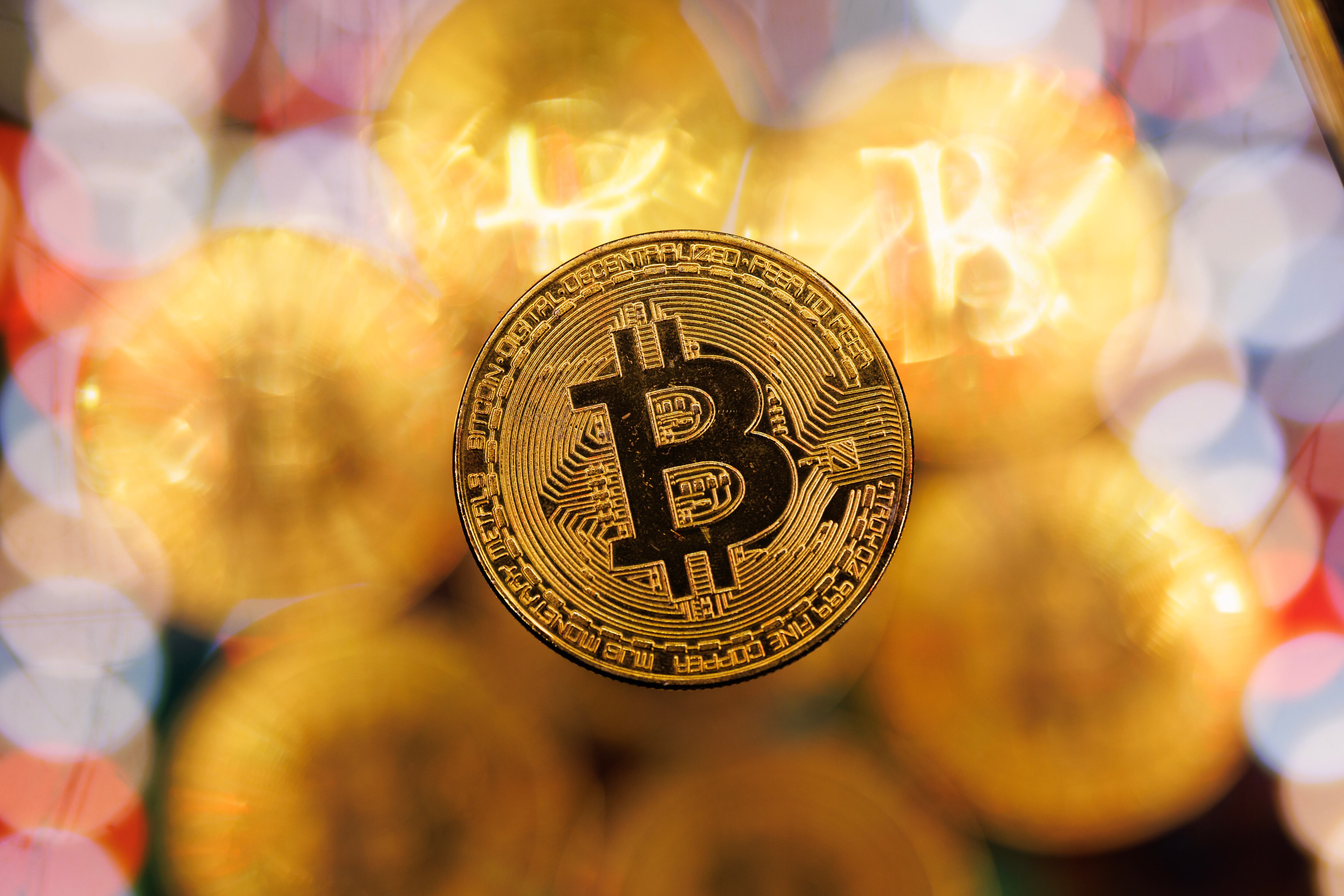Bitcoin has hit an all-time high less than two years after the collapse of the crypto exchange FTX severely damaged faith in digital currencies and sent prices plunging.
The world's largest cryptocurrency briefly surpassed $68,800 Tuesday, according to CoinMarketCap. That's just above bitcoin's previous record set back in November 2021.
The price for the volatile asset is up almost 200% from one year ago, fueled by the anticipation and eventual regulatory approval of spot bitcoin exchange traded funds earlier this year, which provided access to a much broader class of investors.
The price for bitcoin has surged about 60% since the approval of bitcoin ETFs in January, an easy way to invest in assets or a group of assets, like gold, junk bonds or bitcoins, without having to directly buy the assets themselves.
Also driving prices is what is known as bitcoin “halving” which is anticipated in April. Halvings trim the rate at which new coins are mined and created, lowering the supply.
Bitcoin has a history of drastic swings in price — which can come suddenly and happen over the weekend or overnight in trading that continues at all hours, every day.
Bitcoin rocketed from just over $5,000 at the start of the pandemic to its November 2021 peak of nearly $69,000, in a period marked by a surge in demand for technology products. Prices crashed during an aggressive series of Federal Reserve rate hikes intended to cool inflation, slow money flows and make risky investments potentially riskier. Then came the 2022 collapse of FTX, which left a significant scar on confidence in crypto.
At the start of last year, a single bitcoin could be had for less than $17,000. Investors, however, began returning in large numbers as inflation started to cool. And 2023’s collapse of prominent tech-focused banks actually led more investors to turn to crypto as they bailed out of positions in Silicon Valley start-ups and other risky bets.
Despite the recent excitement around bitcoin, experts still maintain that crypto is a risky bet with wildly unpredictable fluctuations in value. In short, investors can lose money as quickly as they make it.









